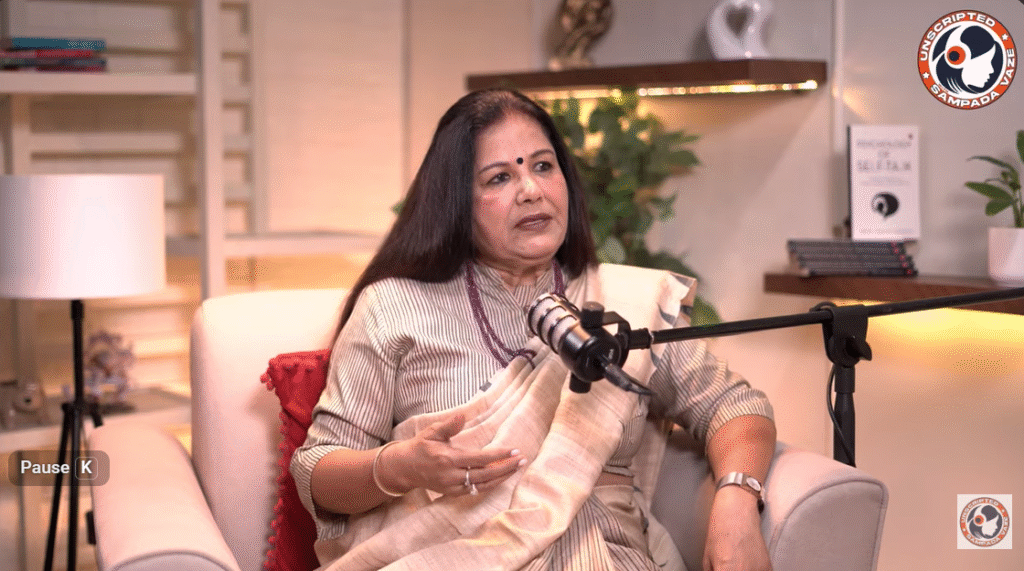Introduction
India stands at the crossroads of ancient wisdom and modern living. Yet, as urbanisation rises and digital life accelerates, stress, anxiety, and depression have become common mental health challenges for millions. According to recent surveys, more than 14% of Indians have experienced some form of mental health issue, and the demand for accessible, practical solutions has never been greater.
This comprehensive guide by Mind Spa India empowers you with science-backed, actionable self-help strategies, tailored for everyday life and specifically for the Indian context.
Section 1: Understanding Stress, Anxiety, and Depression
Stress, anxiety, and depression—often used interchangeably—are unique yet interconnected experiences:
- Stress is your body’s reaction to challenges or demands. Short-term stress can motivate, but chronic stress damages health.
- Anxiety is persistent fear or worry, often without a clear trigger. It can impact concentration, sleep, and mood.
- Depression goes beyond mere sadness—it’s a lingering low mood often combined with hopelessness, fatigue, or loss of interest in daily life.
Causes in India:
Work pressure, competition, urban noise, familial expectations, academic stress, uncertainty, and the relentless scroll of social media all play a role. Financial insecurities, rapid societal changes, and lack of adequate support systems can compound these issues.
Section 2: Recognizing the Signs
Early detection is crucial:
- Physical: Sleep disturbances, headaches, fatigue, digestive issues
- Emotional: Persistent sadness, anger, irritability, feelings of emptiness
- Behavioral: Withdrawing from loved ones, neglecting responsibilities, sudden changes in eating habits
If you notice these symptoms impacting your daily functioning over weeks, it’s time to act.
Section 3: Evidence-Based Self-Help Strategies
1. Grounding Techniques
When stress or panic strikes, these quick methods help return your mind to the present:
- The 5-4-3-2-1 exercise: Name five things you see, four you touch, three you hear, two you smell, and one you taste.
- Deep abdominal breathing: Inhale slowly, count to four, exhale to six.
2. Mindfulness & Meditation
- Practice basic meditation—start with guided apps like Headspace, Calm, or Indian alternatives such as “ThinkRight.me”.
- Even five minutes a day can reduce anxiety and lower cortisol levels.
3. Routine Building
- Regular exercise (yoga, walking, dancing) is proven to uplift mood.
- Create a sleep and meal routine. Good sleep and nutrition regulate hormones linked to stress and mood.
- Try journaling: Write down your feelings daily to process thoughts and spot patterns.
4. Gratitude & Positive Psychology
- Keep a gratitude journal: Note three good things each day.
- Practice self-compassion—talk to yourself as you would to a dear friend.
5. Connecting With Others
- Don’t isolate. Talk to trusted friends or family.
- Join support groups—many now exist online in India (e.g., TheMindClan, YourDOST communities).
Section 4: Digital Tools & Resources in India
India has a rapidly growing mental health tech space:
- Apps for Wellness: Wysa, InnerHour, MindPeers—offer chat support, therapy, exercises.
- Podcasts & Webinars: “The Musafir Stories” (for calming travel tales), “The SOS Show” for mental health conversations.
- Online Therapy Platforms: Mind Spa India, BetterLYF, YourDOST—confidential, professional help from your phone.
Section 5: When Professional Help is Needed
Self-help is essential, but professional help is life-changing for many. Seek therapy if you:
- Have persistent sadness/anxiety for weeks
- Can’t function in daily life (work, studies, relationships suffer)
- Struggle with thoughts of self-harm, hopelessness, or severe withdrawal
India now offers easier access to certified psychologists and psychiatrists both online and offline.
Section 6: FAQs
Q: How can students manage exam anxiety in India?
A: Use simple meditation and time-blocking techniques. Talk to your mentors. Mind Spa India offers stress-busting sessions specifically for students.
Q: Are there Ayurvedic solutions for stress?
A: Herbs like ashwagandha and brahmi are helpful, but always consult a qualified practitioner before starting supplements.
Q: Where can I find free support groups in India?
A: Platforms like YourDOST and TheMindClan list several free and anonymous groups.
Conclusion & Call to Action
Stress, anxiety, and depression are not weaknesses—they are signals from within, asking for care and attention. Empower yourself with these strategies, embrace community support, and remember that professional help is always around the corner.
Reach out to Mind Spa India today for a confidential consultation, custom therapy plan, or to join one of our online resilience-building workshops. Healing begins now—take the first step toward a healthier mind and happier life.

